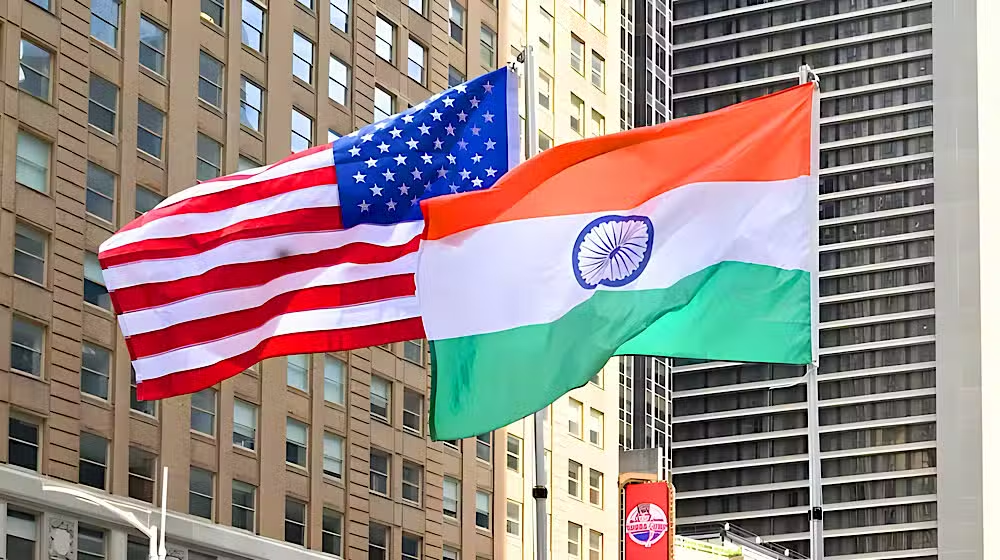The United States Embassy in India has issued a direct and urgent warning to Indian nationals currently residing in the U.S. beyond their visa validity period.
In a formal announcement posted on X (formerly Twitter), the Embassy highlighted that overstaying a visa is a serious violation of U.S. immigration law and may result in deportation and a permanent ban from entering the U.S. again.
This statement is part of a broader and intensified effort under the Trump administration’s crackdown on undocumented immigrants, particularly focusing on individuals who exploit the visa system.
Crackdown Under Trump Administration Intensifies
The Trump administration has continually pushed for tougher immigration policies, making visa compliance a priority area. The consequences for violating visa terms are now more severe than ever, and Indian citizens appear to be under enhanced scrutiny.
The United States and India share strong bilateral ties, particularly in trade, defense, and education. However, immigration violations by Indian citizens may complicate negotiations, particularly those involving visa policies, student exchanges, and employment quotas.
U.S. Immigration and Customs Enforcement (ICE) has reportedly ramped up its efforts to locate and detain individuals who have overstayed their authorized stay.
According to U.S. government estimates, there are approximately 7.25 million Indian citizens currently residing illegally in the United States.
This staggering number has become a focal point for immigration enforcement agencies, who are actively prioritizing cases involving Indian nationals.
Consequences of Overstaying a Visa in the United States
The U.S. government has made it unequivocally clear that violating immigration laws will not go unpunished.
- Immediate deportation upon detection
- Permanent ineligibility for future U.S. visas or travel
- Possible detention in immigration facilities
- Inadmissibility waivers becoming significantly harder to obtain
- Long-term effects on immigration history, impacting future visa applications to other countries as well
U.S. authorities have reiterated that even minor violations, such as a single day of overstay, can trigger automatic bans of 3 to 10 years, depending on the duration of unlawful presence.
The past five years have witnessed an unprecedented spike in asylum applications filed by Indian citizens. In 2023 alone, more than 51,000 Indian nationals applied for asylum in the U.S., marking a 470% increase. Many of these applicants cite factors such as:
- Political persecution
- Religious intolerance
- Caste-based discrimination
- Economic hardship and unemployment
- Social unrest in their home regions
Steps to Avoid Immigration Trouble in the U.S.
- Keep track of I-94 expiration dates and not rely solely on visa validity
- File for extensions or status adjustments well in advance
- Avoid working without authorization on tourist or student visas
- Maintain proper documentation and evidence of legal stay
- Consult an immigration attorney if facing any ambiguity
The United States and India share strong bilateral ties, particularly in trade, defense, and education. However, immigration violations by Indian citizens may complicate negotiations, particularly those involving visa policies, student exchanges, and employment quotas.
- Stricter background checks
- Enhanced documentation requirements
- Lower visa approval rates
- Increased interview rejections
The impact could be especially significant for students and tech workers—the two largest categories of Indian nationals seeking entry into the United States. F-1, H-1B, and B-1/B-2 visa applicants are likely to experience longer processing times and higher denial rates in the future.


